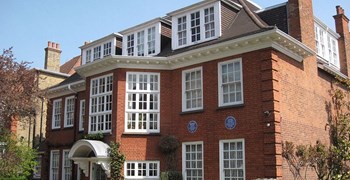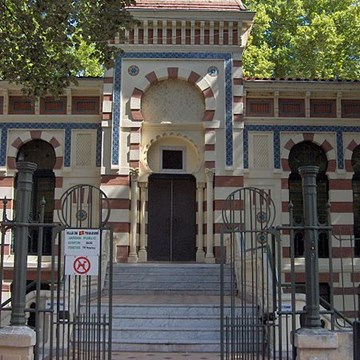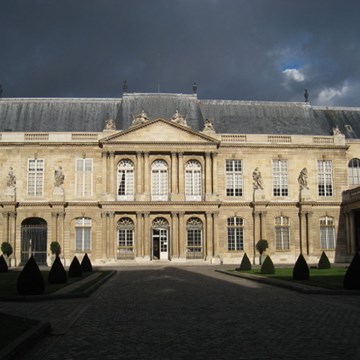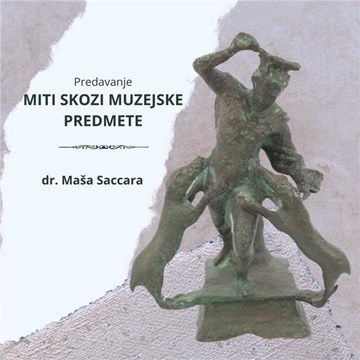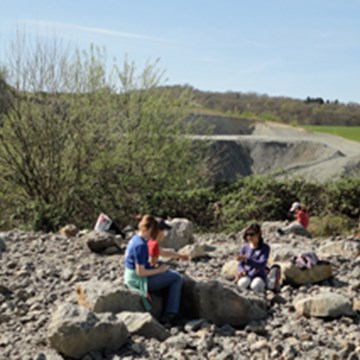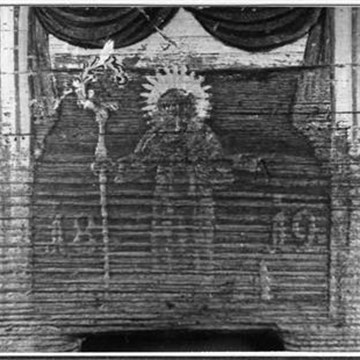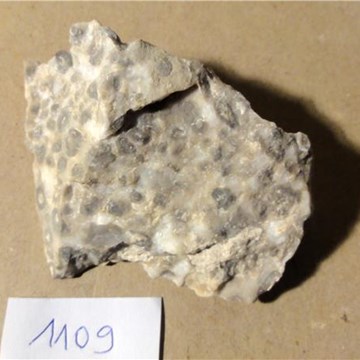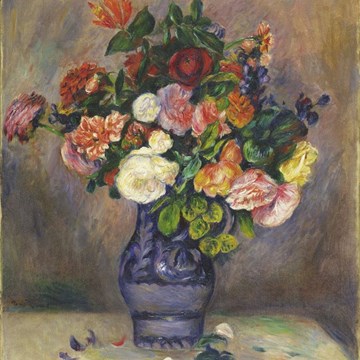Psychoanalytic Poetry Festival 2014
27 September 2014
9.30am - 5pm
Psychoanalytic Poetry Festival 2014
Memory and Memorialisation
Five distinguished poets explore themes of memory and memorialisation in their work through talks, readings and conversations with psychoanalysts and psychotherapists. The day will be introduced with a paper by consultant psychiatrist and writer, Stephen Wilson.
PROGRAMME
Stephen Wilson
Re-membering Isaac Rosenberg
Deryn Rees-Jones
Contextualised readings and discussion
Title tbc
David Constantine
'So many without memento...'*
in conversation Gerry Byrne
*David Jones from In Parenthesis
Denise Riley
'Stopped Time and Rhyme'
In this paper I say something, and read a couple of poems, about rhyme’s relation to temporality, and how this links to that feeling of ‘time stopped’ that you might inhabit after someone’s unexpected death.
Sam Willetts
'Time Present and Time Past'*
in conversation with Ellie Roberts, discussing poetry and transgenerational transmission of trauma, nameless dread, and the presence of an absent object.
*TS Eliot, Burnt Norton
John Glenday
The Lost Boy
The history of the First World War has been a subject of ongoing fascination for Glenday. He will offer personal perspectives on how poetry can redeem people from history, and perform new poems inspired by the conflict, including ‘The Big Push’, and ‘The Lost Boy’ which tells the true story of his Uncle Alexander, who departed for war aged only 15, and who died in the Battle of the Sambre on November 4th 1918, the same battle as Wilfred Owen.
CHAIRS
David Morgan (Psychoanalyst)
Judith Palmer (The Poetry Society)
SPEAKERS' BIOGRAPHIES
Stephen Wilson was formerly a Consultant Psychiatrist at both the Littlemore and Warneford Hospitals and Senior Clinical Lecturer in the Department of Psychiatry, University of Oxford. He is a psychoanalytic psychotherapist and writer and has published numerous academic papers, newspaper and magazine articles, two collections of poems and several books. His short study of Isaac Rosenberg (Greenwich Exchange, 2010) forms the basis of today’s talk.
David Constantine was born in 1944 in Salford, Lancashire. He read Modern Languages at Wadham College, Oxford, and lectured in German at Durham from 1969 to 1981 and at Oxford from 1981 to 2000. He is a freelance writer and translator, a Fellow of the Queen’s College, Oxford, and was co-editor of Modern Poetry in Translation from 2004 to 2013. He lives in Oxford and on Scilly.
He has published ten books of poetry, five translations and a novel with Bloodaxe. His poetry titles include Something for the Ghosts (2002), which was shortlisted for the Whitbread Poetry Award; Collected Poems (2004), a Poetry Book Society Recommendation; Nine Fathom Deep (2009); and Elder (2014). His Bloodaxe translations include editions of Henri Michaux and Philippe Jaccottet; his Selected Poems of Hölderlin, winner of the European Poetry Translation Prize; his version of Hölderlin’s Sophocles; and his translation of Hans Magnus Enzensberger’s Lighter Than Air, winner of the Corneliu M. Popescu Prize for European Poetry Translation. His other books include A Living Language: Newcastle/Bloodaxe Poetry Lectures (2004), his translation of Goethe’s Faust in Penguin Classics (2005, 2009), and his monograph Poetry (2013) in Oxford University Press’s series The Literary Agenda.
He has also published four books of short stories, and won the Frank O’Connor International Short Story Award in 2013 for his collection Tea at the Midland (Comma Press), and is the first English writer to win this prestigious international fiction award.
Gerry Byrne is a consultant nurse and child and adolescent psychotherapist, working in the NHS and privately in Oxford. He is clinical lead for the Family Assessment and Safeguarding Service (Oxon, Wilts and BaNES), the Infant Parent Perinatal Service (Oxon) and ReConnect Service (Bucks). With Ellie Roberts he runs the annual Children in Troubled Worlds conference which promotes the contributions psychoanalytic thinking and the arts can make to work with troubled children and with Janet Bolam, theatre director and writer, he runs Between the Lines - writers and psychotherapists in conversation. www.bolamandbyrne.co.uk
Deryn Rees-Jones was born in Liverpool in 1968. She read English for her undergraduate and Masters degrees at the University of Wales, Bangor. Her anthology Modern Women Poets (Bloodaxe, 2005) was widely praised and followed on from her doctoral research at Birkbeck College, University of London. Presently, Rees-Jones teaches at the University of Liverpool and is the co-founder of its Centre for Poetry and Science.
The Memory Tray, Rees-Jones’ first volume of poetry, was shortlisted for the Forward Prize for Best First Collection in 1994. Her second collection, Signs Round a Dead Body was a Poetry Books Society Special Recommendation. Her third collection, Quiver – a murder mystery set in the docklands and Chinatown of Liverpool – is a book-length, narrative poem.
Denise Riley is a critically acclaimed poet and academic. She was, until recently, Professor of Literature with Philosophy at the University of East Anglia and is currently A. D. White Professor-at-large at Cornell University. She was formerly Writer in Residence at Tate Gallery London, and has held fellowships at Brown University and at Birkbeck, University of London. In 2012 Riley was awarded the Best Single Poem, Forward Poetry Prize for 'A Part Song'.
John Glenday is an award-winning Scottish poet based in Drumnadrochit in the Highlands. His work appears in many anthologies, including Being Human and The Faber Book of Twentieth Century Scottish Poetry. His three poetry collections are The Apple Ghost, Undark and Grain, in which recurrent themes are absence and transcience. Alongside his career as a poet, Glenday worked as an addictions counsellor and psychiatric nurse.
Sam Willetts is a poet whose first collection New Light for the Old Dark (2010) was shortlisted for the T.S. Eliot Prize as well as the Costa, Aldeburgh, Forward, and London Festival awards. He is a former Winner of the Bridport Poetry Prize. His work has appeared in The Spectator, Poetry London, Poetry Review, Poetry [U.S.], LRB, TLS, Granta, Identity Parade [Bloodaxe], Private Eye, and elsewhere. Sam read English at Wadham College, Oxford, and worked intermittently as a teacher, journalist and travel writer, among other occupations. In his late 30s, having dabbled in drugs since his early teens, he acquired a full-blown addiction to heroin. New Light for the Old Dark contains poems about that experience and its consequences. However these form only one strand of a collection which also looks at childhood, war (his mother was a Holocaust survivor), romantic love, bereavement, the natural world, different forms of displacement, and the possibility of personal spiritual recovery. Sam Willetts remains committed to recovery from addiction.
https://www.youtube.com/watch?v=bUr2bNXqf6c
Ellie Roberts is a Consultant Child and Adolescent Psychoanalytic Psychotherapist and an Adult Psychoanalytic Psychotherapist working in the NHS and privately in Oxford. She is Course Leader for the Psychoanalytic Observational Studies Course in Oxford.
Admission
Registration; £60 / £45 students/concessions
(£5 discount for Members of Freud Museum or the Poetry Society)
Advance booking essential
For further information contact ivan@freud.org.uk or +44 (0)20 7435 2002
Website
http://www.freud.org.uk/events/75647/psychoanalytic-poetry-festival-2014/
Source: http://www.culture24.org.uk//se000274?id=EVENT494294
Exhibitions and events from this museum
We don't have anything to show you here.
Activities from this museum
We don't have anything to show you here.
